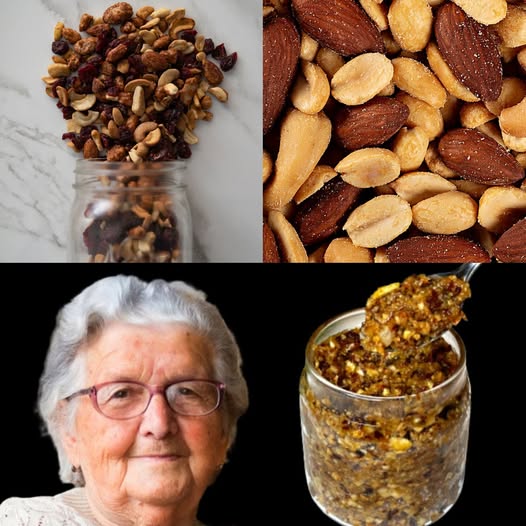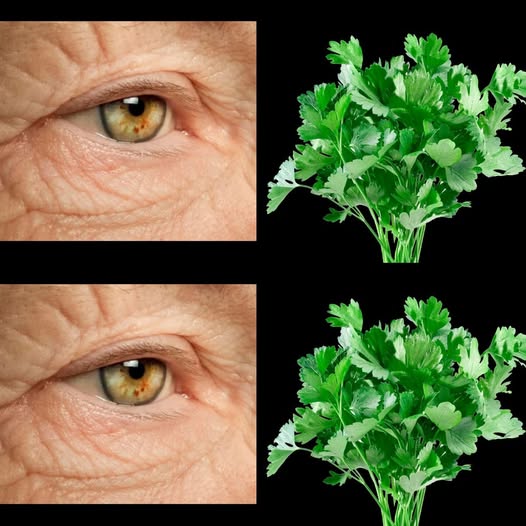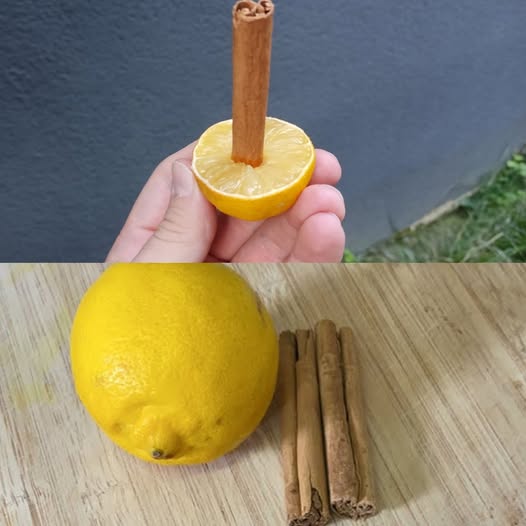
Looking for a natural way to rejuvenate your skin? Try this refreshing carrot and tomato juice! Packed with antioxidants, vitamins, and minerals, this powerful combination not only helps reduce wrinkles but also promotes a radiant, more youthful complexion. Here’s how drinking this vibrant juice can benefit your skin and how to make it at home.
Benefits of Carrot and Tomato Juice for Skin
1. Fights Skin Aging: Carrots are loaded with beta-carotene, which converts to vitamin A in the body. This essential nutrient helps repair skin tissue and protects against harsh sun rays. Tomatoes are rich in lycopene, another powerful antioxidant known for its anti-aging properties and ability to protect against sun damage.
2. Boosts Skin Radiance: The high vitamin C content in both carrots and tomatoes enhances collagen production, which is crucial for maintaining skin elasticity and firmness. Collagen helps reduce the appearance of fine lines and wrinkles, giving your skin a smoother, more youthful look.
3. Enhances Skin Brightness: Carrots and tomatoes both have skin-brightening properties. Regular consumption can help even out skin tone and reduce pigmentation, leading to a brighter, more glowing complexion.
4. Supports Skin Hydration: Hydration is key for a healthy complexion. The potassium in carrots helps with cell hydration and skin moisture retention, while the water content in tomatoes keeps the skin hydrated and supple.
How to Make Carrot and Tomato Juice
Ingredients:
-
4 large carrots
-
2 large ripe tomatoes
-
A small piece of ginger (optional, for a kick)
-
Half a lemon (optional, for a tangy twist)
Instructions:
-
Prepare Ingredients:
-
Wash the carrots and tomatoes thoroughly.
-
Peel the carrots. Though optional, peeling can reduce the earthy taste.
-
If desired, peel the ginger.
-
-
Juicing:
-
Cut the carrots, tomatoes, and ginger into chunks that fit into your juicer.
-
Feed the carrots, tomatoes, and ginger into your juicer. Collect the juice in a large container.
-
-
Enhance Flavor:
-
Squeeze in the lemon juice to add a refreshing tang.
-
-
Serve:
-
Stir the juice well and serve immediately. For best results, drink this juice regularly, preferably in the morning to absorb the nutrients effectively.
-
Tips for Best Results
-
Consistency is Key: For noticeable skin improvements, consistency is more effective than quantity. A small glass daily can be more beneficial than a large serving occasionally.
-
Freshness Factor: Freshly made juice retains more nutrients and antioxidants. It’s best to drink the juice soon after making it to get the maximum benefits for your skin.
Conclusion
This carrot and tomato juice is not just a treat for your taste buds but a boon for your skin. Its rich antioxidant content and vitamins make it an excellent natural remedy for maintaining youthful, bright, and healthy skin. Incorporate this delicious juice into your daily routine and watch your skin transform!



